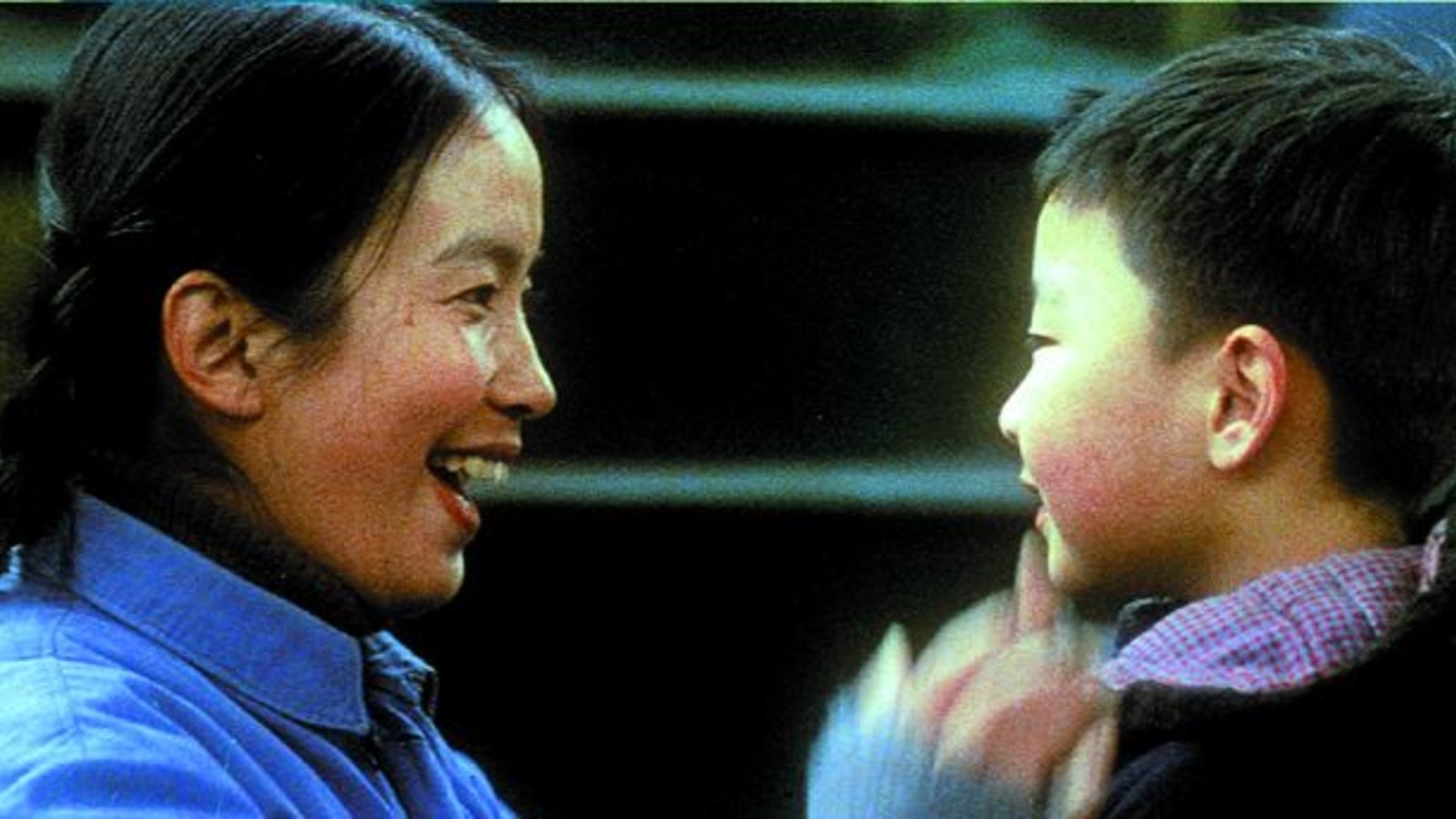Dr. Ai Fen shared her revelations concerning the emergence of a new SARS like virus in Wuhan with colleagues and was reprimanded by state authorities. She later related her story to China's People (Renwu) magazine in an article entitled "The One Who Supplied the Whistle". The article was quickly deleted and she is now missing, presumed to be in state custody. Her colleague, Dr. Li Wenliang reported Dr. Ai's findings to colleagues and patients in an effort to warn them of the epidemic, but was detained by authorities along with eight other medical professionals. Dr. Li later contracted the virus from a patient and died on February 7, 2020.
Law professor Xu Zhangrun published an essay criticizing the state's actions regarding the crisis and was placed under guarded house arrest under the pretense of a 'medical quarantine'. While his house arrest was later lifted his internet access remains restricted.
In late January lawyer and citizen journalist Chen Quishi arrived in Wuhan to cover the outbreak, posting over one hundred videos of footage and interviews to Twitter and Youtube. His posts ceased on February 6, and no one has been able to contact him since; his friends and family believe that he is in state custody.
Textile trader Fang Bin returned to his hometown of Wuhan after receiving news of the outbreak and took on the role of citizen journalist. Like Chen he posted videos on Youtube and Twitter, including one particularly damning video showing patients dying of the virus while body bags piled up outside of a Wuhan hospital. He was detained late on the night of February 2 and released the following morning only to be arrested one week later on February 9; he has not been seen or heard from since.
On March 31 real estate tycoon Ren Zhiqiang published an essay in which he criticized Chinese president Xi Jinping's handling of the crisis and both he and his son went missing shortly thereafter. The CCP has since filed charges of "serious violations of discipline and law" against him in an effort to explain and justify his disappearance.
Li Zehua, a reporter for a state run television station quit his job and took it upon himself to travel to Wuhan and cover the outbreak. During his stay in the city he posted numerous videos chronicling the effects of the outbreak, including his final video of his own arrest on February 26. He is reported to have resurfaced on April 22, his tone markedly different from his earlier videos as he described his government ordered quarantine.While Li's sudden reappearance and subsequent praise of the CCP may seem surprising at first glance, activists and critics of the regime have been released in the past on the condition that they cease their activities and provide a false confession which often includes praise of the CCP.
The CCP's efforts to silence the whistle blowers of Wuhan, while brutal, are neither new nor surprising. Since its formation in 1949 the People's Republic of China has regularly suppressed any information that is critical of or contrary to its communist policies, including news media, art, and film. This week, in an effort to pay tribute to the whistle blowers of Wuhan and the countless others who have sacrificed their freedom and lives in the fight against tyranny I'll be turning the spotlight on three films that remain banned in mainland China to this day.
 |
| Oh, go fly a kite! |
The Eight Hundred: This 80 million dollar war epic was scheduled to be released in July, 2019, but has yet to be seen by audiences either in China or abroad. Marketed as a "Chinese Dunkirk", the film relays the true story of 400 hundred grossly outnumbered Chinese soldiers and their four day battle to defend Shanghai's Sihang Warehouse from invading Japanese troops in 1937. The soldiers' efforts ultimately allowed the main Chinese forces time to escape further into the mainland and to this day their story remains a patriotic rallying cry in China. Given its budget and subject matter the film seemed to be destined to become a national blockbuster. So why then was this surefire hit shelved? The answer is surprisingly simple; because the 400 soldiers were members of China's Kuomintang or Nationalist forces. It was these same forces that Mao Zedong's Communist Party later defeated in 1949 to form the People's Republic of China. Any positive portrayal of the Kuomintang would be subject to controversy in modern China, but the fact that the film was scheduled to be released mere months before the 70th anniversary of birth of the People's Republic of China was deemed grounds for censor. The film's censure highlights the fact that despite the CCP's carefully constructed public image life in the People's Republic of China remains one oppression and suppression. With its all star cast and crew, substantial budget, and winning story The Eight Hundred had the potential to become an international blockbuster, but thanks to the efforts of government censors it just might be the best war movie never seen.
 |
| Who thought history could be too hot to handle? |
Ben-Hur: This 1959 biblical drama seems like a unlikely candidate for censure in 2020...except in mainland China. The film was officially banned by state censors for "objectionable superstitious parts" due to its depiction of Christ, but upon closer observation the film likely owes its censured status as much to its political stance as to its religious content. The story follows Judah Ben-Hur, a Judean prince who is wrongfully imprisoned after he refuses to collaborate with occupying Roman forces. While the film is set in first century Judea, its message of freedom and resistance resonates in any era in which tyranny holds sway. When he is asked by his childhood friend, Messala, to act as an informant for Rome Judah rejects the offer without hesitation saying, "Rome is an affront to God. Rome is strangling my people and my country...the day Rome falls there will be a shout of freedom such as the world has never heard". Although the quote is specifically about the Roman Empire it applies as much to any number of oppressive regimes, including the Chinese Communist Party, and recalls the pro-democracy slogans of protesters in the 1989 Tianamen Square Massacre. When Messala reminds him of the danger of defying Rome Judah offers a particularly powerful retort by saying, "You may conquer the land, you may slaughter the people. That is not the end. We will rise again", an apt reminder that even in the most adverse of circumstances there will always be courageous individuals willing to fight and sacrifice for freedom. This tale of freedom, revenge, and redemption is regarded as a cinema classic in the West, but gains new poignancy and relevance when viewed within the context today's Hong Kong protests and Wuhan's missing whistle blowers.
 |
| Classic or subversive? |



